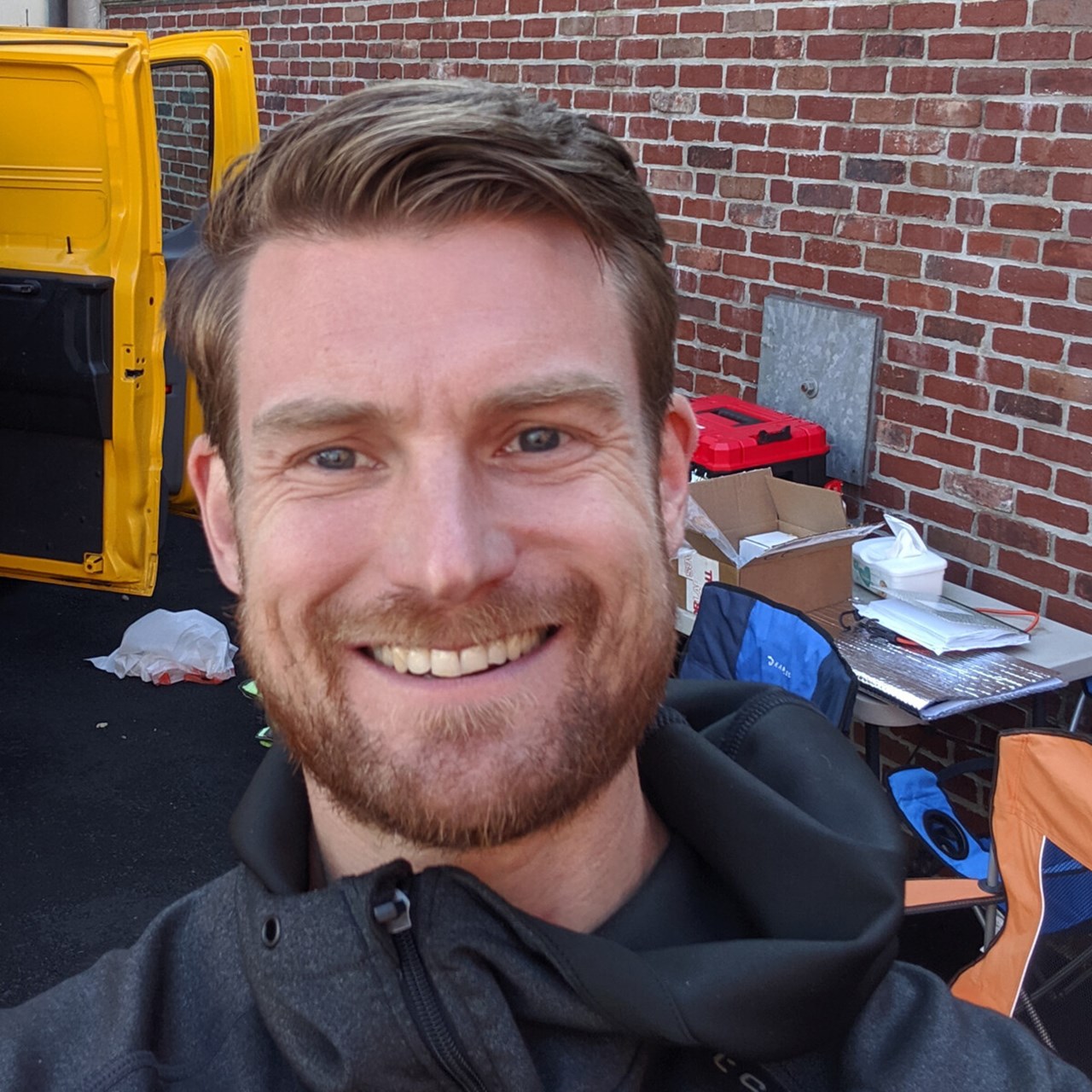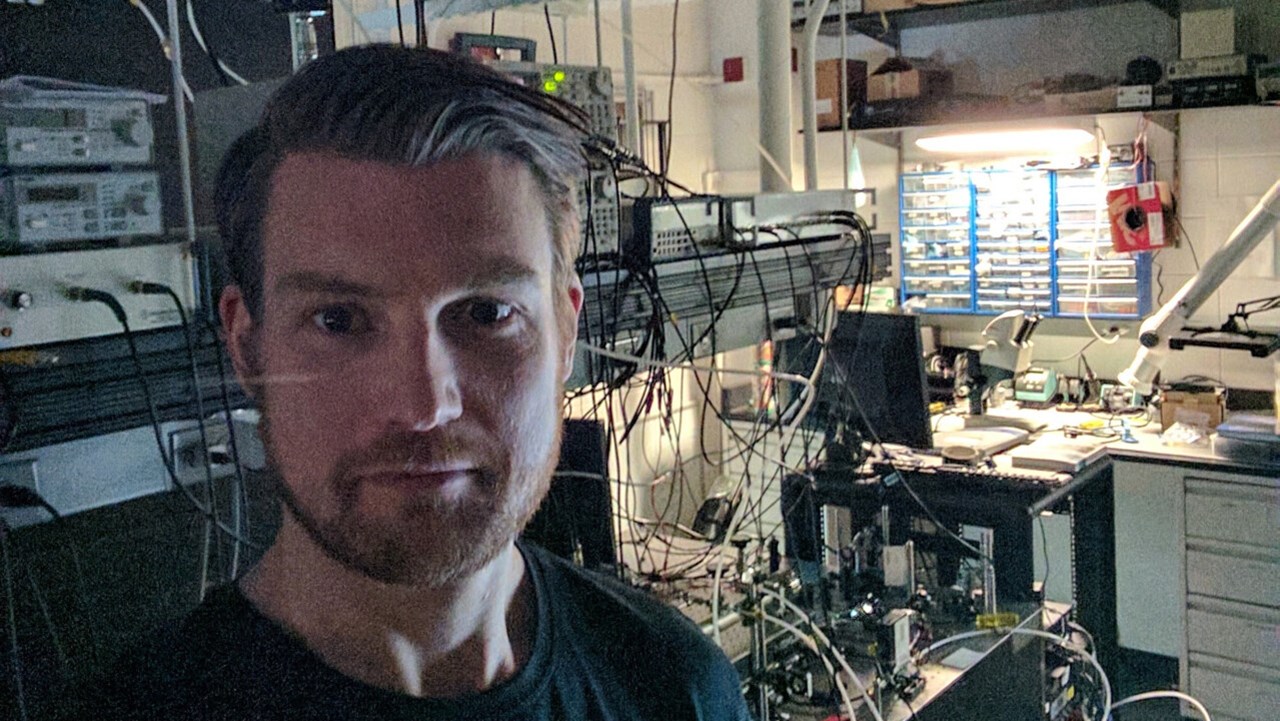
Business contacts led to a job after graduation
PROFILE Jonas Westberg was one of the first doctoral students who began at the Industrial Doctoral School for Research and Innovation (IDS) at its start-up in 2008. The opportunity to interact and collaborate with an industrial partner Siemens gave him a foothold into a world that can differ a lot from the academic world.



